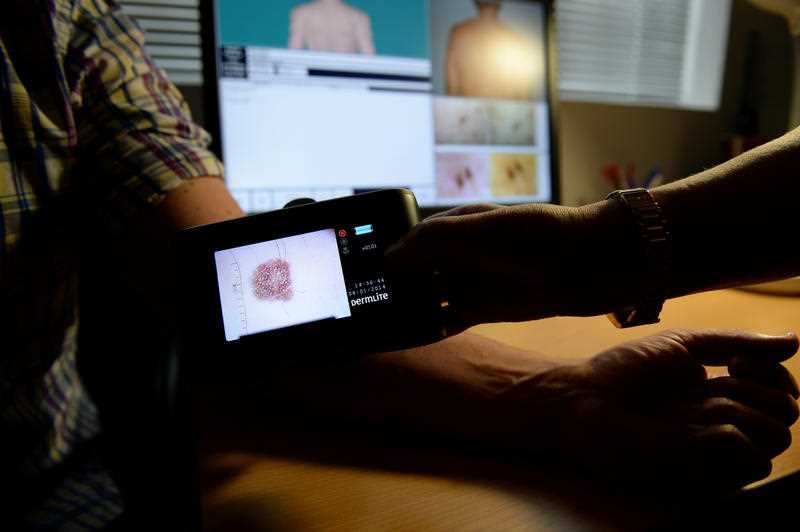An experimental cancer vaccine that personalises treatments for patients with melanoma may not be the one-size-fits-all cure, according to Australian experts.
Biotech company Moderna unveiled the new mRNA-based vaccine for melanoma in December amid predictions it could be a “penicillin moment in cancer therapy”.
Initial clinical trial results show the vaccine reduced the risk of cancer recurrence or death for melanoma patients. However, scientists from the University of NSW warn vital questions still need to be answered.
“Melanoma vaccines have been worked on for decades, albeit with little efficacy … this is one of the first that has shown promising enough results to proceed to a larger definitive study,” said Professor Anthony Joshua of UNSW Medicine & Health.
“Melanoma is a highly mutated cancer – so there are often ‘foreign’ parts to the cancer that the immune system can attack.”
Melanoma is Australia’s most fatal skin cancer and Australia has the highest per capita incidence in the world.
About 17,000 Australians are diagnosed with melanoma annually, with 1400 dying from it each year.
The melanoma vaccine is designed to prompt an immune response to the foreign components of the tumour cells, enabling the immune system to control the tumour better.
The vaccine uses samples of existing melanoma to prevent the tumour from returning after it has been surgically removed.
It is personalised to each patient to target individual mutated components.
Scientists say because it is tailor-made to an individual, a common melanoma vaccine is unlikely to be effective due to individual differences between patients.
“Each melanoma has a large number of genetic mutations that are distinct from normal skin tissue. As a result, melanomas from two people are likely to be genetically quite divergent,” said Dr Sarah Sasson of the Kirby Institute at UNSW.
“This means making a ‘one size fits all’ melanoma vaccine might have a low overall efficacy in a large number of patients living with melanoma.”
Hopes of a vaccine are promising as research and testing continue.
“It will also be important to see how and if the vaccine did indeed generate an immune response against the tumour and how long it lasts,” Prof Joshua said.
By Robyn Wuth in Brisbane



